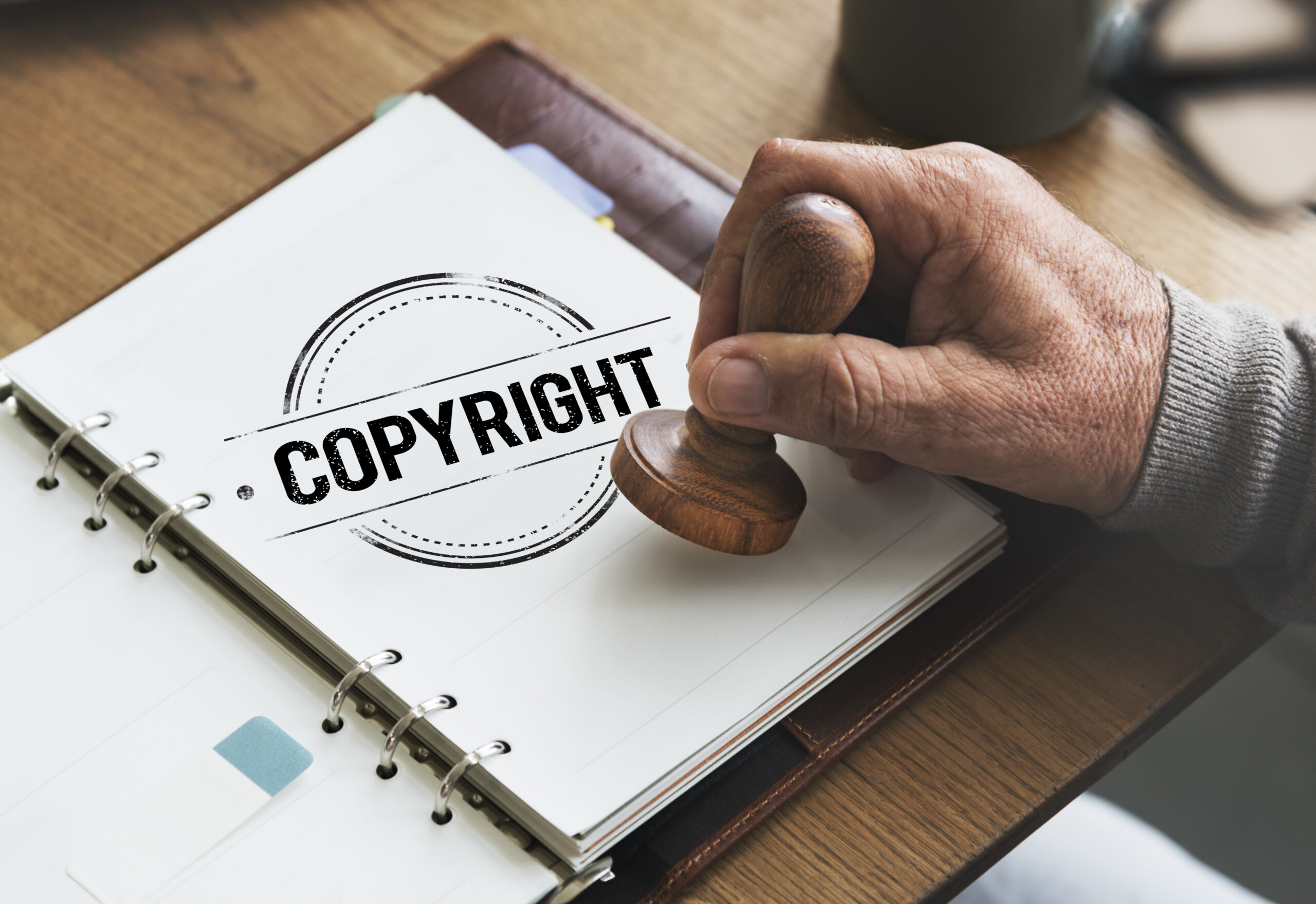Legal and Copyright Considerations in Voice Over3 min read
The voice-over industry, with its myriad of applications from commercials to video games, has seen exponential growth in the digital age. However, as with any creative endeavor, it comes with its own set of legal and copyright challenges. For both voice-over artists and those hiring them, understanding these considerations is crucial to avoid potential pitfalls and legal disputes. Let’s delve into the key legal and copyright considerations in the voice-over sector.
Understanding Copyright Basics
At its core, copyright is a legal right that grants the creator of an original work exclusive rights to its use and distribution. In the context of voice-over, this means that the moment a voice-over artist records a script, they inherently own the copyright to that recording unless otherwise agreed upon.
Work for Hire vs Licensing
- Work for Hire: Typically, when a voice-over artist is hired by a company or individual, the resulting work is considered a “work for hire.” This means that the hiring entity owns the copyright to the recording. However, this should be explicitly stated in a contract to avoid ambiguities.
- Licensing: In some cases, a voice-over artist might license their work instead of selling it outright. Licensing allows the artist to retain copyright while granting the hiring entity specific rights to use the recording for a defined purpose or time frame.
The Importance of Clear Contracts
A well-drafted contract is paramount in the voice-over industry. It should clearly outline:
- Who owns the copyright (voice-over artist or hiring entity).
- The duration and scope of any licenses.
- Payment terms and conditions.
- Provisions for revisions or additional work.
- Any restrictions on the use of the voice-over, especially if the artist retains copyright.
Royalties and Residuals
Especially in advertising, voice-over artists might be entitled to royalties or residuals. This means they receive ongoing compensation based on how often the advertisement airs or how widely it’s distributed. Again, this should be clearly defined in a contract.
Using Copyrighted Material
Voice-over artists often work with scripts provided by clients. It’s essential for clients to ensure that these scripts don’t infringe on existing copyrights. Using copyrighted material without permission can lead to legal disputes and financial penalties.
Protecting Your Work
For voice-over artists, it’s wise to consider registering their work with a copyright office, especially for significant projects. While copyright is inherent upon creation, registration provides a public record and is necessary if one wishes to sue for statutory damages in the U.S.
Fair Use Considerations
In some cases, using copyrighted material without permission can be justified under the “fair use” doctrine. This might apply if the material is used for criticism, comment, news reporting, teaching, scholarship, or research. However, fair use is a complex legal doctrine, and it’s always best to consult with legal counsel before relying on it.
International Implications
The voice-over industry is global, and copyright laws can vary significantly from one country to another. It’s essential to be aware of international copyright treaties, such as the Berne Convention, which ensures that works are protected in all signing countries. However, the specifics of protection can differ, so always research local laws when working internationally.
In Conclusion
The world of voice-over is filled with opportunities, but it’s essential to tread carefully in the legal landscape. Both voice-over artists and those hiring them should prioritize clear contracts, understand the nuances of copyright, and always respect the intellectual property of others. By doing so, they can focus on the creative process, ensuring that their voice resonates far and wide without legal hindrances.

